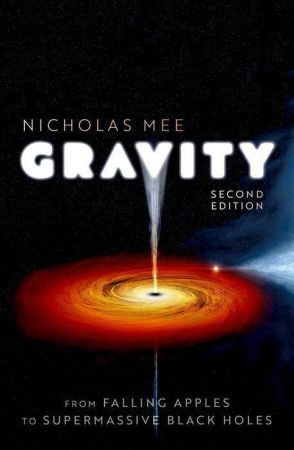
English | 2023 | ISBN: 978-0192845283 | 369 pages | True PDF | 9.37 MB
'Includes exciting recent advances in studying gravity and its cosmic manifestations.' Lord Martin Rees, Astronomer Royal, former President of the Royal Society
A fascinating historical account of how we have reached our current understanding of gravity.
There have been sensational developments in gravitational physics in recent years. The detection of gravitational waves - ripples in the fabric of space - has opened a new window on the universe. These waves are produced by the most cataclysmic events in the universe - the collisions and mergers of black holes and neutron stars. There have also been great strides in our understanding of supermassive black holes. We now know that a black hole with a gargantuan mass lies at the heart of every galaxy, and we even have an image of one such beast. Gravity: From Falling Apples to Supermassive Black Holes provides an engaging and accessible account of how we have reached our current understanding of gravity and places these amazing discoveries in their true context.
Gravity: From Falling Apples to Supermassive Black Holes is written in a captivating historical style with stories about the researchers of the past and present that illuminate many key ideas in astronomy and physics. The historical material leads from discussions of the early cosmologies to the great breakthroughs of Tycho and Kepler. We then consider Galileo's contributions to astronomy and mechanics, and the significance of Jeremiah Horrocks's ideas to the Newtonian revolution that would follow. Newton's theories brought about a new scientific age and his description of gravity was unrivalled for over two centuries until it was superseded by Einstein's description in terms of curved spacetime. The outlandish predictions of Einstein's theory have been confirmed again and again, including black holes and gravitational waves. Finally, we move on to more speculative ideas including Hawking radiation and primordial black holes and attempts to find a quantum theory of gravity.
Links are Interchangeable - No Password - Single Extraction



